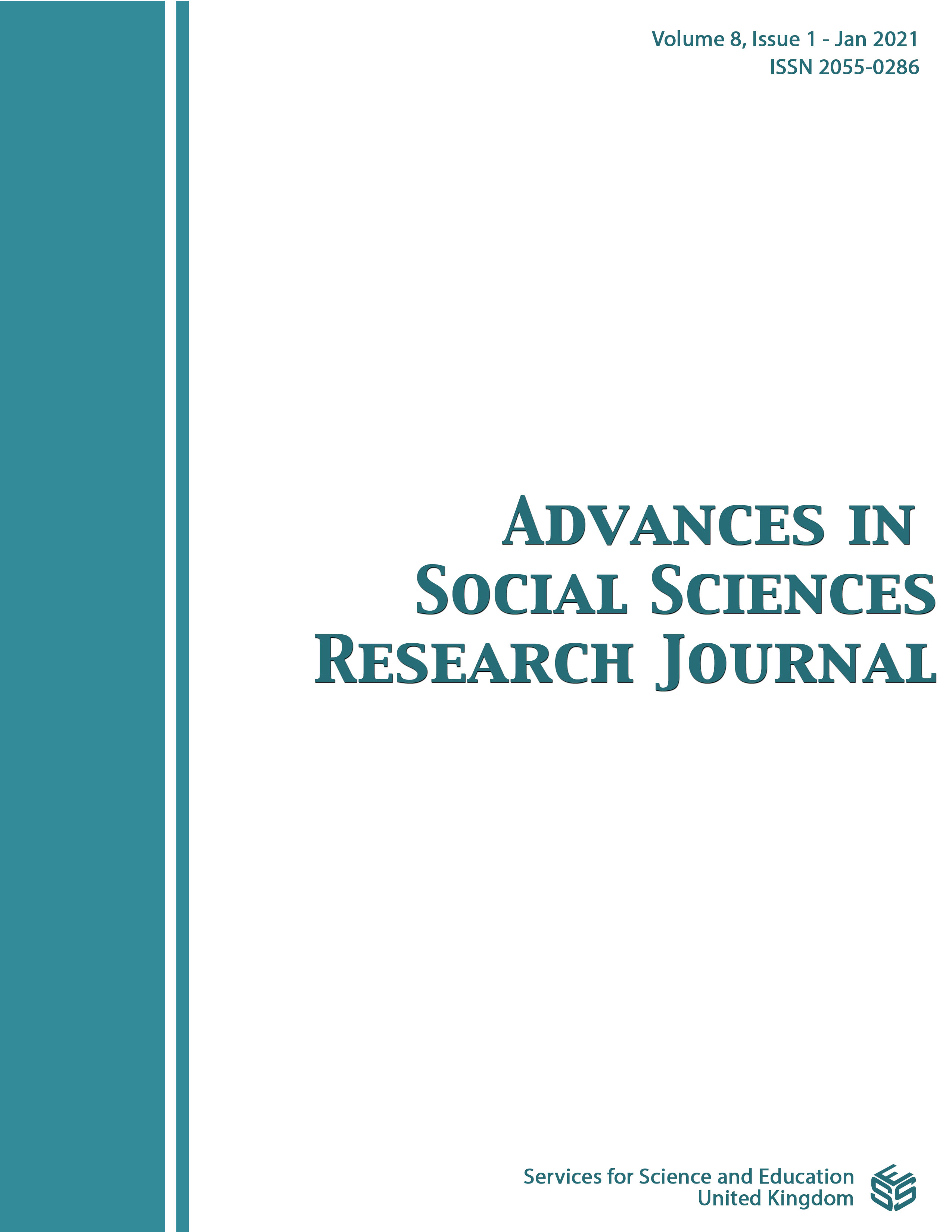Conceptualizing Narrative Health and Medicine to Develop Cultural Competence to Improve Communication During the COVID-19 Pandemic
DOI:
https://doi.org/10.14738/assrj.81.9577Keywords:
COVID-19; narrative health; cultural competence; improved communicationAbstract
Narrative health is a technique that healthcare professionals can use to connect with patients. The events of 2020, including the global severe acute respiratory syndrome coronavirus 2 (SARS-CoV-2), have identified that patient care is largely dependent upon relationships within the healthcare environment. Relationships in the healthcare environment are established through a trusting exchange between the patient and provider, and one technique to develop this relationship and trust is through narrative health. Narrative health provides the exchange of information between patient and provider in a discussion-like manner, or narrative health. This strategy promotes cultural competence amongst the healthcare professional team and improves communication between the patient and provider. Narrative health is an important concept for healthcare professionals to understand, and narrative health should be a part of any healthcare professional’s toolbox, especially in vulnerable times like the COVID pandemic. The inclusion of narrative health in practice has the potential to improve patient outcomes and empower healthcare professionals and patients.
References
[2]. Murray, M, Sools, A, Qualitative Research in Clinical and Health Psychology. London: Palgrave, 2014.
[3]. Frank, LB, Murphy, ST, Chatterjee, JS, Moran, MB, Baezconde-Garbanati, L, Telling stories, saving lives: Creating narrative health messages. Hlth comm, 2016. 30(2): p. 154-163.
[4]. Lijoi, AF, Tovar, AD, Narrative medicine: Re-engaging and re-energizing ourselves through story. Inter J of Psych in Med, 2020. 55(5): p. 321-330.
[5]. Remein, CD, Childs, E, Pasco, JC, et al. Content and outcomes of narrative medicine programmes: Asystematic review of the literature through 2019. Brit Med J Open, 2020. 10(1): DOI http://dx.doi.org/10.1136/bmjopen-2019-031568
[6]. Curtis, E, Jones, R, Tipene-Leach D, et al. Why cultural safety rather than cultural competency is required to achieve health equity: A literature review and recommended definition. Inter J Equity in Hlth, 2019. 18(174): DOI https://doi.org/10.1186/s12939-019-1082-3
[7]. Sools, A., Narrative health research: Exploring big and small stories as analytical tools. Hlth, 2013. 17(1): p. 93-110.
[8]. Marzilli, C., Assessment of cultural competence in Texas nursing faculty. Nur Educ Today, 2016. 45(1): p. 225-229. DOI: https://doi.org/1016/j.nedt.2016.08.021.
Downloads
Published
How to Cite
Issue
Section
License
Authors wishing to include figures, tables, or text passages that have already been published elsewhere are required to obtain permission from the copyright owner(s) for both the print and online format and to include evidence that such permission has been granted when submitting their papers. Any material received without such evidence will be assumed to originate from the authors.






